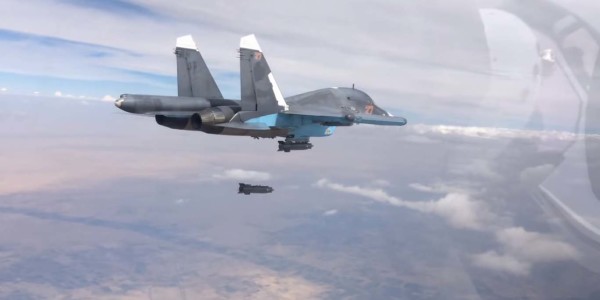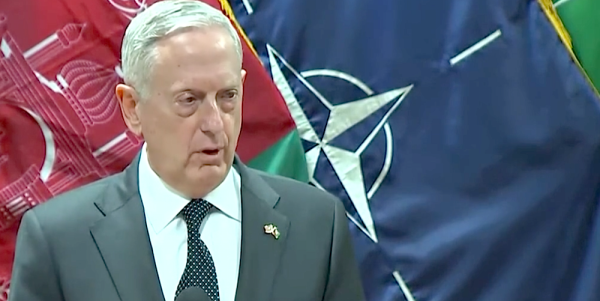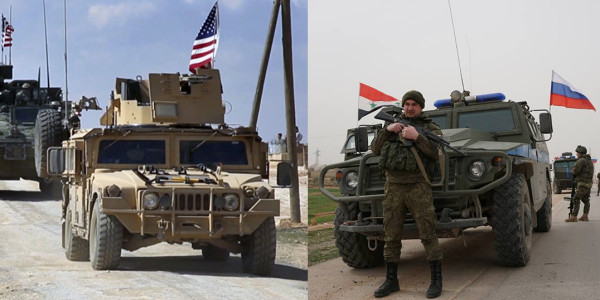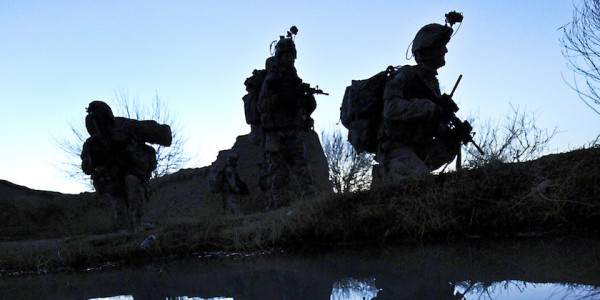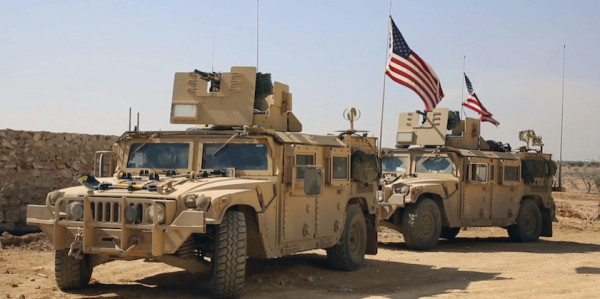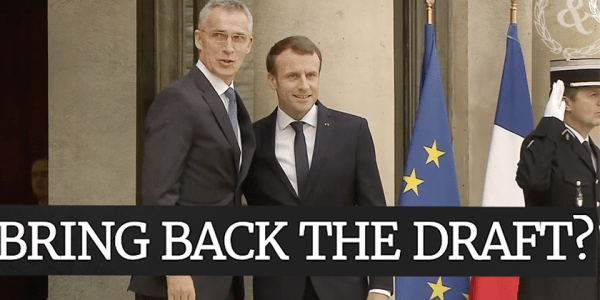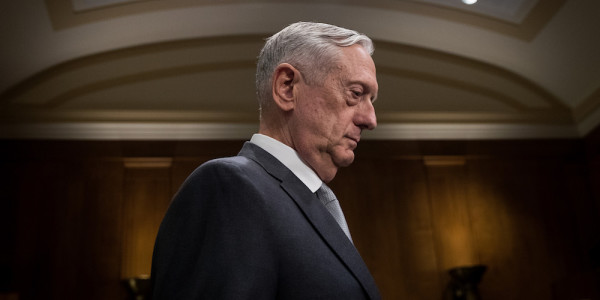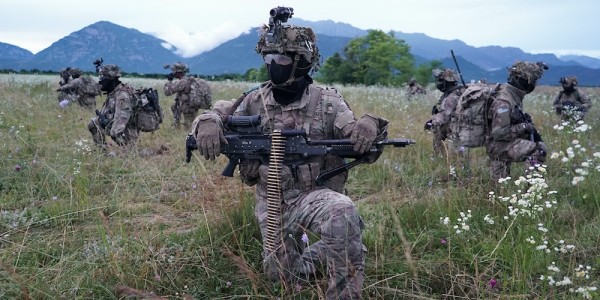Top military officials have largely played down media reports that Russia offered Taliban-linked militants bounties to kill U.S. troops in Afghanistan, but lawmakers are clearly not satisfied.
As part of the omnibus spending bill passed by the House and Senate, the defense secretary and director of national intelligence would be required to provide a report to congressional defense committees on “Russia’s malign activities in Afghanistan,” including any activities that target U.S. and coalition troops, according to the House Appropriations Committee.
Congress also wants to know what steps President Donald Trump’s administration has taken in response to Russia’s actions.
Rep. Ruben Gallego (D-Ariz.), described Russia as “an adversary nation that is constantly attacking the United States” as well as its allies.
“They have attacked our elections, our information networks, and our people in Afghanistan,” Gallego, a Marine veteran who served in Iraq, told Task & Purpose. “We need to take the necessary steps to protect ourselves from such attacks and deter them in the future by imposing a heavy cost on the Russians for their bad behavior.”
Gallego added that he looks forward to working with President-elect Joe Biden’s incoming administration to impose costs on Russian aggression.
The Defense Department declined to provide a comment for this story about the pending legislation.
At the moment, it is not clear whether Trump will sign the spending bill, which is part of a spending package that includes the latest relief bill for the novel coronavirus (COVID-19).
Specifically, the president has said he feels the stimulus payments in the COVID-19 relief bill are too low, and he has objected to the bill being packaged with other legislation that has nothing to do with helping Americans who are struggling during the pandemic.
When news of the alleged Russia bounties first broke, Trump claimed he had not been briefed on the issue even though The New York Times reported that the intelligence had been included in the president’s written intelligence briefing in late February.
Former Defense Secretary Mark Esper told Congress in July that he had been briefed in February about the intelligence that the Russians had offered bounties on U.S. troops in Afghanistan, but top military commanders did not believe the reports were credible.
Esper also said that intelligence officials had not found a connection between the alleged Russian bounties and an attack in April 2019 that killed three Marines near Bagram Airfield, Afghanistan.
The investigation into whether Russia offered financial incentives to attack U.S. troops is not over, said Marine Gen. Kenneth McKenzie Jr., head of U.S. Central Command.
“It is not closed because we never close investigations that involve potential threats or potential threats against U.S. forces,” McKenzie said during a Dec. 10 interview with Katie Bo Williams of Defense One. “Nothing has changed since my position of last September. We have just not been able to prove it. We don’t see it.”
“I relentlessly query my intelligence people on this,” McKenzie continued. “We just don’t see it — but it’s not because we’re not looking at it. We’re looking at it very hard.”
In the 1980s, the U.S. government armed Mujahideen fighters, who successfully ejected the Soviets from Afghanistan. Now the Russians appear eager to return the favor.
“They want us out of Afghanistan,” said Evelyn Farkas who served as deputy assistant secretary of defense for Russia, Ukraine, and Eurasia from 2012 to 2015. “They view Afghanistan as within their sphere of influence.”
Russian President Vladimir Putin, who has called the breakup of the Soviet Union “the greatest geopolitical catastrophe,” of the 20th Century, has been trying to reassert Russia’s dominance over Central Asia, Farkas told Task & Purpose.
That’s why the Russians view the presence of U.S. troops in Afghanistan as a threat to their interests, she said.
Putin’s overall strategy is to weaken the United States as a player both in the former Soviet sphere of influence and elsewhere globally, she said.
“We are the strongest democracy in the world and we have a foreign policy that supports democracy in other parts of the world, broadly speaking, and they view that as a threat – internally and in foreign policy,” Farkas said.
UPDATE: This story was updated on Dec. 23 to include comments from Rep. Ruben Gallego (D-Ariz.).

